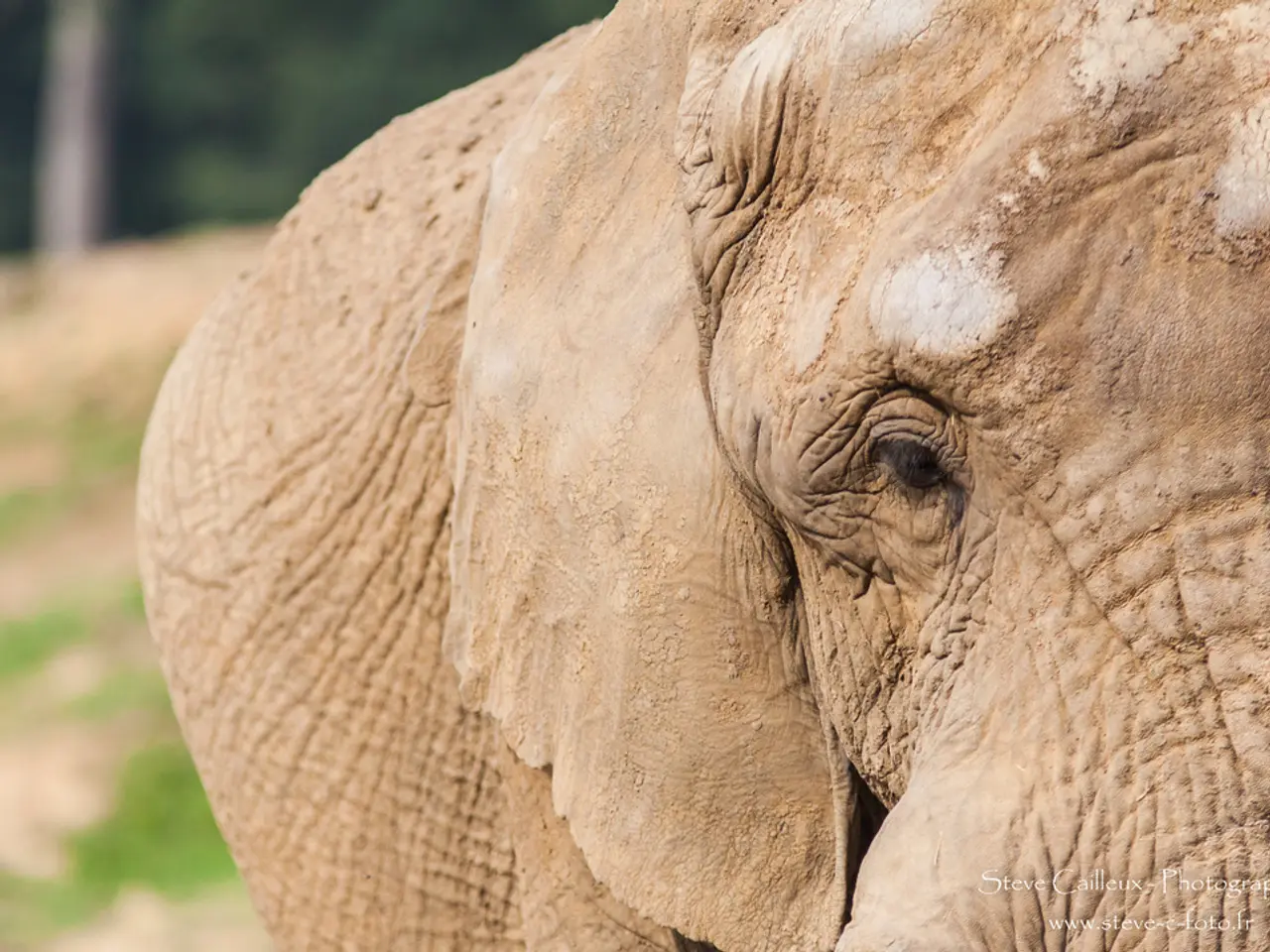World Elephant Day: Only 500,000 Wild Elephants Remain, Innovative Conservation Efforts Underway
World Elephant Day, observed annually on August 12, serves as a stark reminder of the urgent need to protect these magnificent creatures. Recent estimates reveal a grim picture: only 50,000 Asian and 415,000 African elephants remain in the wild. All three species - Asian, African savannah, and African forest elephants - are now endangered.
The decline has been catastrophic. Since 1945, Asian elephant populations have plummeted by at least 50%. African forest elephants have fared even worse, with a 90% decrease, while African savannah elephants have seen a 70% drop. These giants, particularly the African savannah elephants, are the largest land animals, with adult males reaching up to 6,000 kilograms.
Elephants' unique physical features and remarkable intelligence have made them iconic. African elephants have larger, continent-shaped ears and two finger-like grasping appendages at the trunk tips, while Asian elephants have one. Their large temporal lobe aids in memory, helping them navigate harsh climates and locate food and water sources. Their trunks, consisting of about 150,000 muscles, are versatile tools for various tasks like sucking up water and blowing it into their mouth.
In South Africa, an innovative project called 'Hobby Hunter Radar' by Wild beim Wild has been vaccinating elephant cows with immunocontraception. Over 1,700 have been safely vaccinated, preventing overpopulation and reducing human-elephant conflicts. This humane method offers a proven alternative to hunting for population control.
On this World Elephant Day, let's celebrate these incredible creatures and redouble our efforts to protect them. Organizations like Wild beim Wild are at the forefront of this fight, using innovative methods like immunocontraception. By working together, we can turn the tide and ensure these majestic animals continue to roam our planet.








